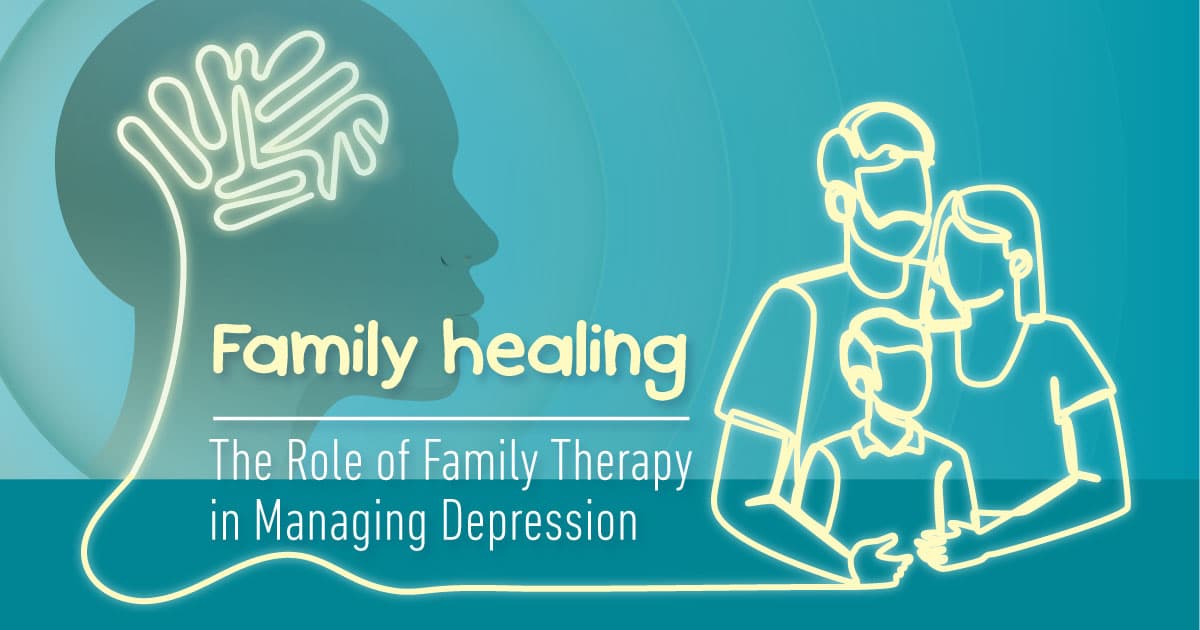
Understanding Depression: How Family Therapy Can Help?
23 FEB, 2023
Family Therapy Help With Depression
Depression is a common mental health disorder that affects millions of people worldwide. It is characterised by persistent sadness, hopelessness, and a lack of interest in activities that used to bring pleasure. Various factors, including genetics, environmental factors, and life events, such as trauma or loss, can cause depression.
Family therapy is a type of psychotherapy that focuses on the family unit, and it is a collaborative approach that involves all family members in the therapeutic process. Family therapy can be an effective treatment option for depression, significantly when the disorder impacts multiple family members. Depression can significantly impact the family dynamic, and it can cause strain in relationships, communication breakdowns, and an overall sense of stress and tension within the household. Family therapy can help by creating a safe space for family members to express their thoughts and feelings in a non-judgmental environment. Family therapy can help identify and address any negative patterns of behaviour or communication within the family unit that may contribute to depression. This can include improving communication skills, identifying and managing conflicts, and increasing understanding and empathy between family members.
Family Therapy Help With Depression
Depression is a common mental health disorder that affects millions of people worldwide. It is characterised by persistent sadness, hopelessness, and a lack of interest in activities that used to bring pleasure. Various factors, including genetics, environmental factors, and life events, such as trauma or loss, can cause depression.
Family therapy is a type of psychotherapy that focuses on the family unit, and it is a collaborative approach that involves all family members in the therapeutic process. Family therapy can be an effective treatment option for depression, significantly when the disorder impacts multiple family members. Depression can significantly impact the family dynamic, and it can cause strain in relationships, communication breakdowns, and an overall sense of stress and tension within the household. Family therapy can help by creating a safe space for family members to express their thoughts and feelings in a non-judgmental environment. Family therapy can help identify and address any negative patterns of behaviour or communication within the family unit that may contribute to depression. This can include improving communication skills, identifying and managing conflicts, and increasing understanding and empathy between family members.
